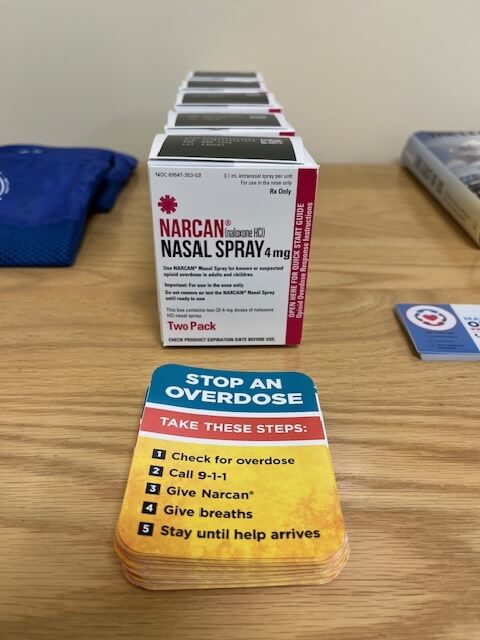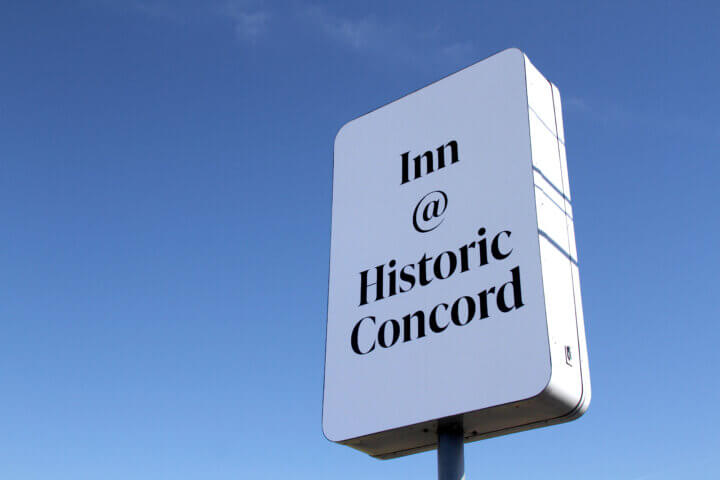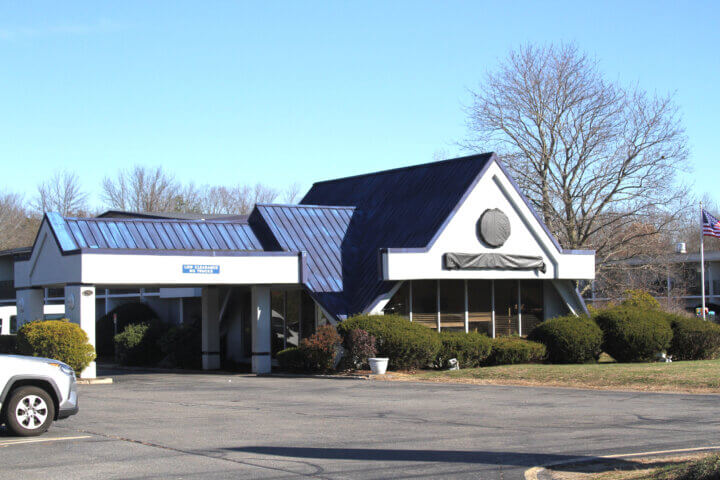Over the course of 18 years, Concord is slated to get more than $660,000 from statewide opioid settlements.
The town already has over $90,000 in its account.
Plans are afoot to spend the money, which, under the terms of the settlement, must be used for prevention, harm reduction, treatment and recovery.
The town has been busy learning how best to spend the funds.
While the lag time between receiving the settlement funds and using them well may seem long, planning is important. “We’re not doing something for the sake of doing it,” Health Director Melanie Dineen said.
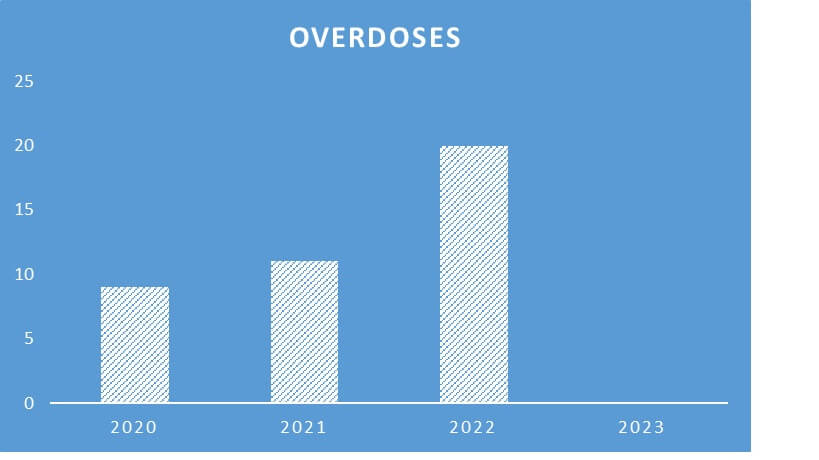
The Behavioral Health Collaborative formed in 2023, bringing together municipal departments and local groups to help identify what Concord needs and how to make solutions sustainable in the long term.
The collaborative, which shares data, information and needs “is a huge step that doesn’t cost any money,” said Board of Health member Jill Block, who is also an active volunteer in the collaborative.
It follows the evidence-based approach designed by the federal Substance Abuse and Mental Health Services Administration, SAMHSA.
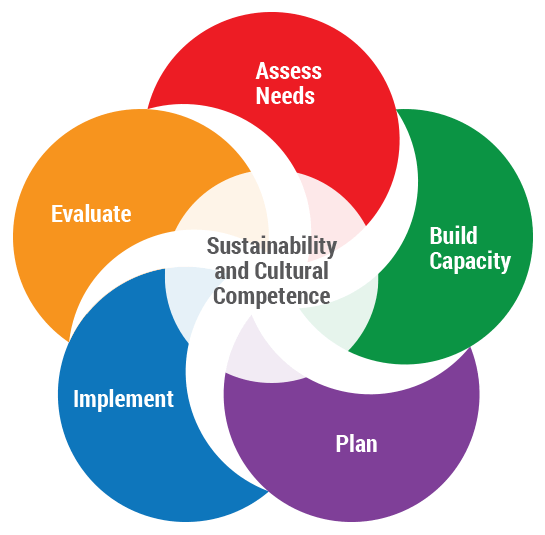
An important voice is missing from Concord’s collaborative. The group is looking for someone with lived experience, including family members, who can help define what the town needs. “We want to listen to that voice,” Dineen said.
The collaborative has identified the need for a regional prevention coordinator.
Another speed bump prevents immediate use of the funds.
“You can’t just go out and spend money,” said Dineen. Town Meeting must approve expenditures after they have passed muster with the town manager and the Select Board.
“We have some ground to make up,” Block said. Larger cities, with robust programs in place, were able to use the funds more quickly.
Concord had prevention programs that dissolved over the years. A position at the high school was funded through an earlier tobacco settlement, and the job was rolled into another when the funding stopped, she said.
The town has more residents over school age than under, which leads to different mental health needs. For example, 30.6% of people over 65 self-report depression, according to a 2021 community health needs assessment from Emerson Hospital, Block said.
The town has a new employee to interact with the community on health needs.
In September, Concord hired a public health nurse shared with Maynard. Part of her duties include working on prevention and community outreach, Dineen said.
She is available on Monday, Wednesday and Thursday and can give talks to groups on how to use Narcan. Municipal employees have already been offered the training.
The Board of Health provides free Narcan, no questions asked, at the office at 141 Keyes Road. The overdose reversal medication is stocked with defibrillators in every public building. It will soon be available in wall-mounted cabinets at both libraries.


